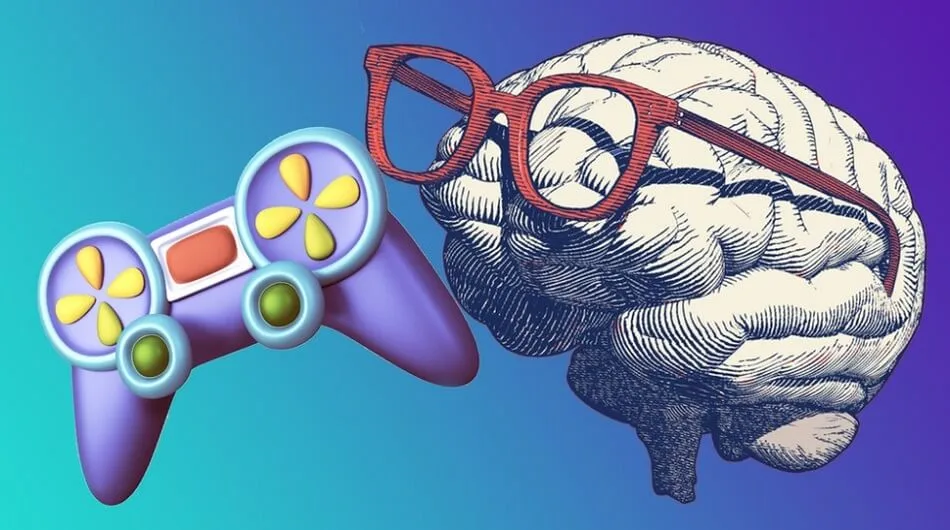In today’s fast-paced world, it can be challenging to maintain good mental health and wellness. The constant pressure to perform well at work or school, the demands of social media, and the never-ending to-do list can leave us feeling overwhelmed and stressed. That’s why it’s essential to practice self-care and stress management techniques regularly. In this blog, we will discuss some self-care and stress management strategies that you can incorporate into your daily routine to improve your mental health and wellness.
The Importance of Self-Care
Self-care is an essential part of maintaining good mental health and well-being. It’s all too easy to get caught up in the hustle and bustle of everyday life and neglect our own needs. However, neglecting self-care can lead to burnout, exhaustion, and other negative consequences.
Self-care looks different for everyone. For some people, it might mean taking a relaxing bath or reading a book. For others, it might mean going for a run or spending time in nature. Whatever it looks like for you, it’s important to prioritize self-care regularly.
If you’re feeling unsure about where, to begin with self-care, don’t worry! There are many ways you can start incorporating self-care practices into your daily routine. A good place to start is by making a list of things that make you feel good. This could include activities that bring you joy, relaxation, or a sense of accomplishment.
Once you have your list, try to incorporate one or two of those things into your daily routine. This could mean taking a relaxing bath before bed, spending some time in nature during your lunch break, or setting aside time to read a book in the evening. Over time, you can build a robust self-care practice that supports your mental health and well-being.
To help you get started, here are some important self-care practices you should prioritize:
Getting enough sleep: Sleep is crucial for our mental health and well-being. Lack of sleep can lead to irritability, anxiety, and depression. Aim for 7-8 hours of sleep per night to feel refreshed and energized.
Exercising regularly: Exercise is a great way to relieve stress and improve your mood. It releases endorphins, which are natural mood boosters. Try to incorporate at least 30 minutes of exercise into your daily routine.
Practicing mindfulness: Mindfulness is the practice of being present in the moment without judgment. It can help reduce stress and anxiety and improve your overall well-being. You can try mindfulness meditation, deep breathing exercises, or simply taking a few minutes to focus on your breath.
Eating a balanced diet: A healthy diet is essential for both our physical and mental health. Try to eat a variety of fruits, vegetables, whole grains, and lean proteins. Avoid processed and sugary foods, as they can negatively affect your mood and energy levels.
Doing something you enjoy: Taking time to do something you enjoy can help you relax and reduce stress. It can be as simple as reading a book, listening to music, or spending time with friends and family.
Stress Management
Learning how to manage stress effectively is essential for maintaining good mental health and well-being. Stress is a natural response to challenging situations, and in small doses, it can even be helpful in motivating us to take action.
However, when stress levels are too high, it can become overwhelming and lead to a variety of mental health concerns. Chronic stress has been linked to anxiety, depression, insomnia, and even physical health problems like heart disease and high blood pressure.
That’s why it’s crucial to develop effective stress management techniques that work for you. By managing stress effectively, you can improve your mental and physical health, boost your immune system, and increase your overall well-being. Fortunately, there are many stress management techniques that can help. Here are some that you can try:
Identify your stressors: Knowing what triggers your stress can help you manage it more effectively. Keep a journal to track when you feel stressed and what was happening at the time.
Practice relaxation techniques: Relaxation techniques, such as deep breathing, meditation, or progressive muscle relaxation, can help reduce stress and promote relaxation.
Set realistic goals: Setting realistic goals can help you feel more in control of your life and reduce feelings of overwhelm. Break larger goals into smaller, manageable steps to make them more achievable.
Get support: Talking to a trusted friend or family member about your stress can help you feel more supported and less alone. If your stress is persistent, consider seeking the help of a mental health professional. (https://medimap.ca/therapists
Take breaks: Taking breaks throughout the day can help you recharge and reduce stress. Try taking a short walk, stretching, or practicing mindfulness during your break.
Mindfulness: Mindfulness involves being present in the moment and fully experiencing your thoughts and feelings without judgment. It can help reduce stress and improve mental well-being.
Exercise: Exercise is a natural stress reliever that can help you feel better both physically and mentally.
Deep breathing: Deep breathing exercises can help calm your body and reduce stress levels.
Time management: Effective time management can help reduce stress by allowing you to prioritize tasks and minimize overwhelm.
Creative expression: Engaging in creative activities like painting, writing, or playing music can help reduce stress and improve mental well-being.
Remember, everyone is different, and what works for one person may not work for another. It’s essential to experiment with various stress management techniques and find what works best for you.
Conclusion
In conclusion, maintaining good mental health and wellness is crucial for leading a fulfilling life. By practicing self-care and stress management techniques regularly, you can improve your mental health and well-being. Prioritizing restful sleep, regular exercise, balanced nutrition, mindfulness, enjoyable activities, and effective stress management techniques can all contribute to a healthy self-care routine.
If you’re struggling with your mental health, seeking support from a healthcare provider or mental health professional is always an option. Medimap.ca is a useful resource that can help you find and book appointments with healthcare providers near you, including mental health professionals. Remember to build a support network of family and friends and practice stress management techniques regularly.
Improving your mental health and well-being takes time, effort, and support, but it’s worth it to live your best life. By prioritizing self-care and seeking support when needed, you can cultivate a healthy mind and body and enjoy all that life has to offer.





